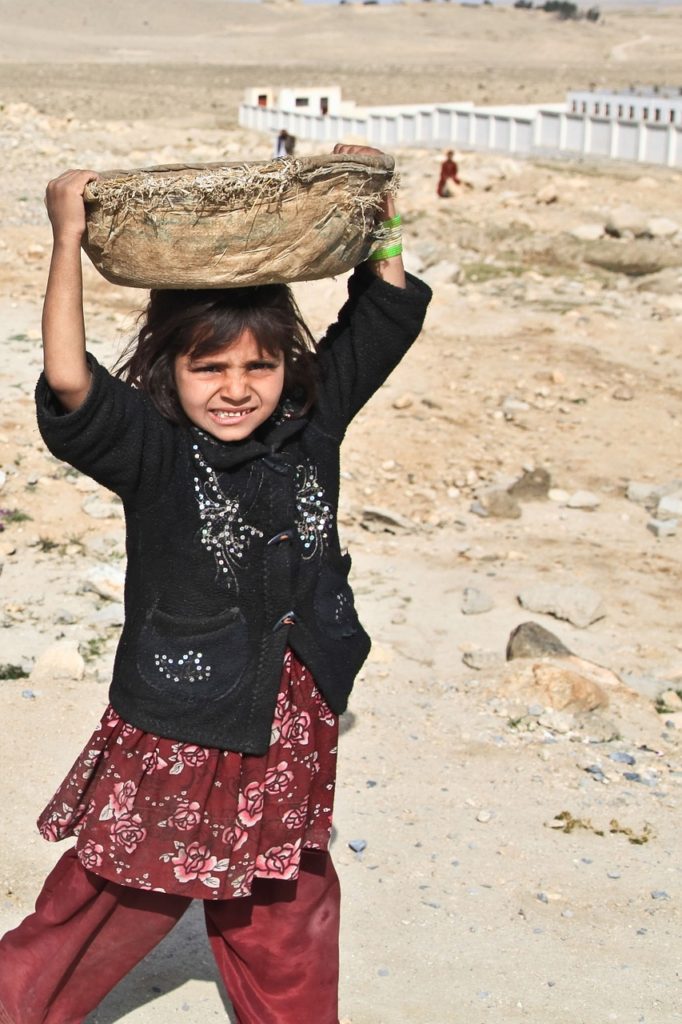HOW MANY PEOPLE ARE TRAFFICKED FOR LABOR?
A study completed in 2017 by ILO, the International Labor Organization, found that of the 24.9 million victims of human trafficking, 64% (16 million) are trafficked for labor, such a construction, manufacturing, mining, hospitality, domestic work, and agriculture.
While most of us in society don’t contribute to the trafficking of people for sex slavery through the buying of prostitutes or the use of child pornography, all of us still contribute to the trafficking of humans for child and forced labor. We contribute through the choices we make at grocery stores or when shopping online for the cheapest clothes.
Everyday we make choices that further the demand for work done by prepubescent boys and girls, robbed of any foreseeable future with not only freedom, but the possibility of growth and prosperity. When we buy an item made by a little boy in Guatemala who are literally paying for this child to never see the inside of a classroom.
HOW ARE YOUR PURCHASES CONTRIBUTING TO CHILD AND FORCED LABOR?
The most recent study on forced labor made by the U.S. Department of Labor was conducted in 2018 that identified 148 goods being produced through child and forced labor in nearly 80 countries. This information is easily accessible through the ILAB (Bureau of International Labor Affairs) app called “Sweat & Toil”. Below are some common commodities purchased by the average person that contributes to slavery.
Coffee: Your morning cup of joe was likely made from the beans produced with exploitative labor in 1 of 17 countries, including Brazil, Columbia, and Costa Rica.
Chocolate: That delicious piece of dark chocolate in your cupboard might contain the sweat and tears of a child who was force to pick cocoa from trees. That child is working in 1 of 7 countries including Cameroon, Côte d’Ivoire, and Ghana.
Bananas: How many of the bananas in your local grocery store are imported from one of the 5 countries that force people to work for little to no wages. Belize, Brazil, Ecuador, Nicaragua, and Philippines.
Cotton: Do you know whether or not that shirt you bought from Forever 21 for $6 was made with cotton picked by the little hands of a 6 year old who will never see the inside of a school house? That child likely lives in one of the 17 countries, including Argentina, Azerbaijan, Benin, China, and Egypt.
WHAT CAN YOU DO TO CHANGE YOUR HABITS?
I challenge you! For the next 30 days buy fair trade, buy local, download the “Sweat & Toil” app and avoid purchasing products made in the countries known for forced labor. 1 month of your life committed to only purchasing fair trade products could mean the freedom of a child. Buy Local,
Human rights are merely privileges to some, due in part by the choices YOU make.
Buy Local,
The Abolitionist
